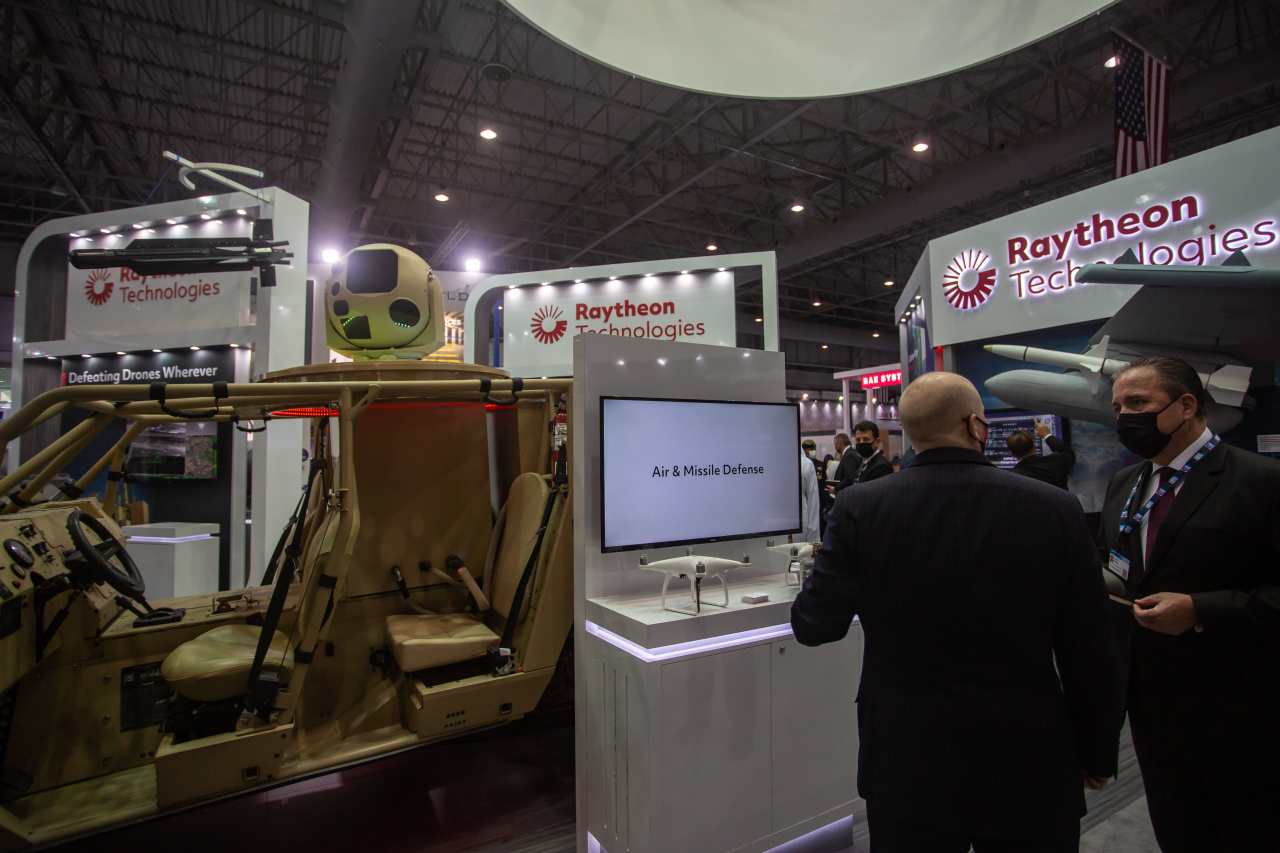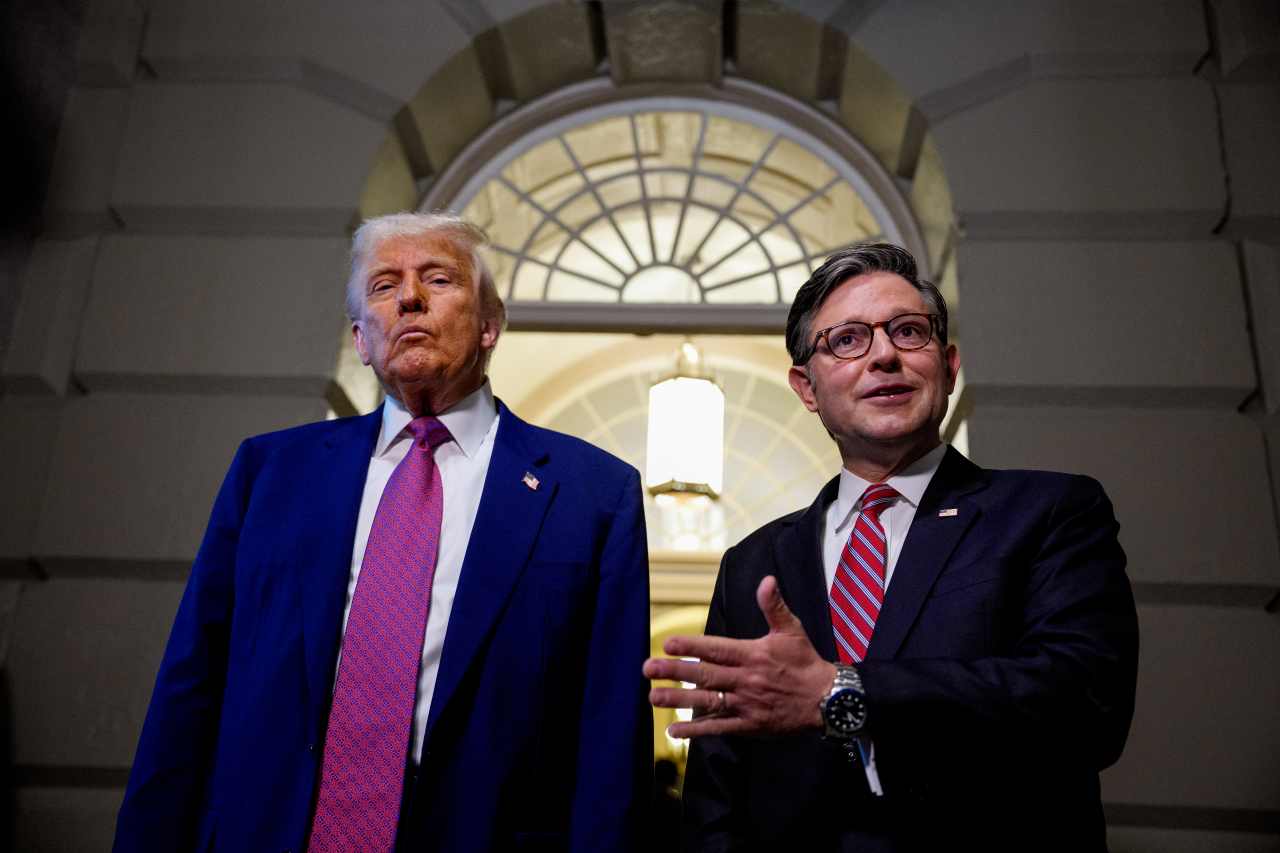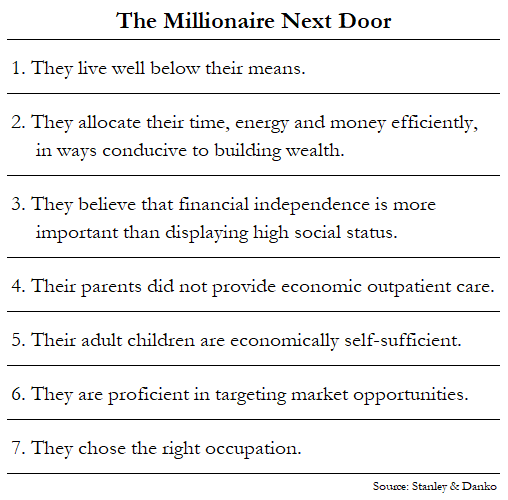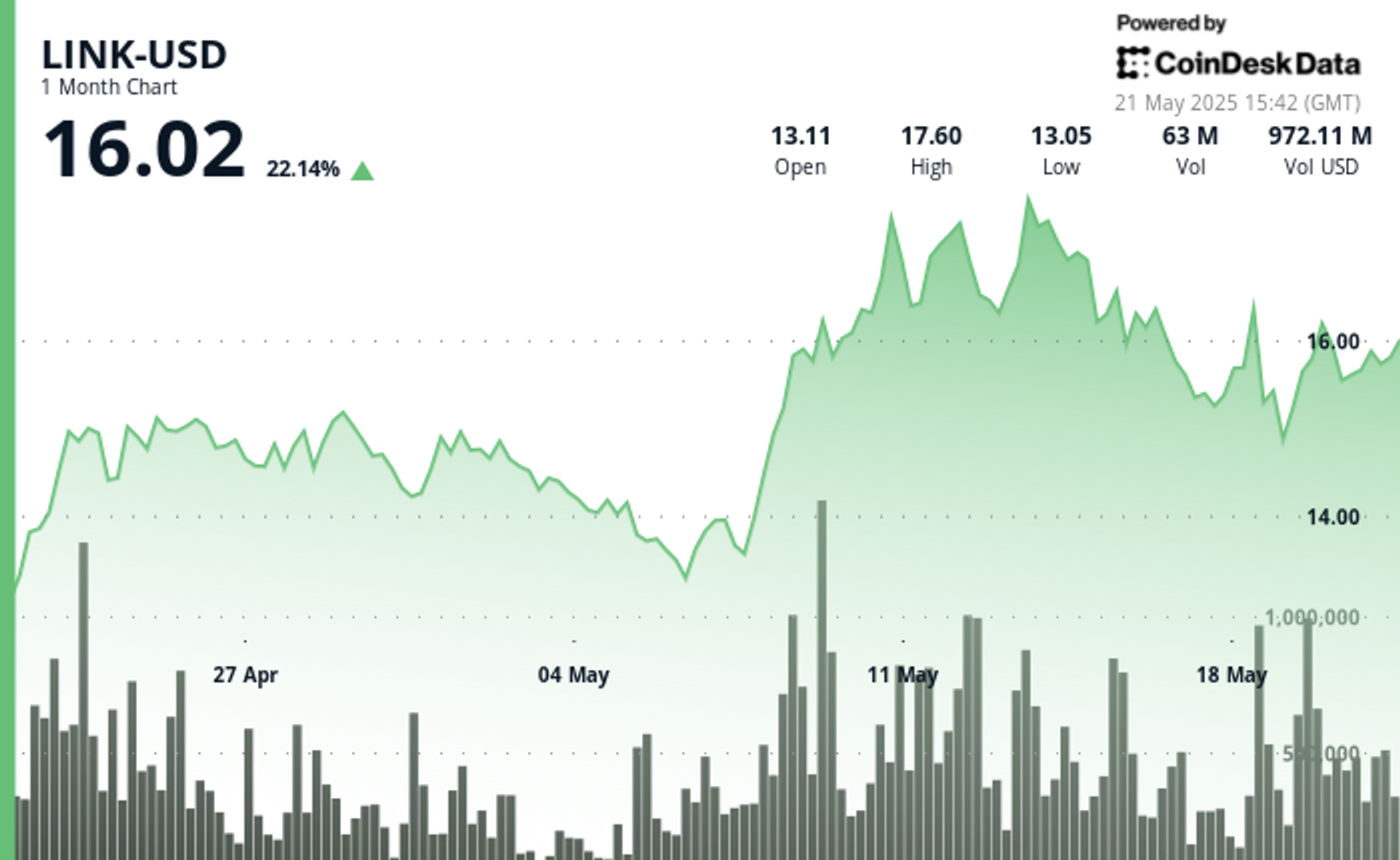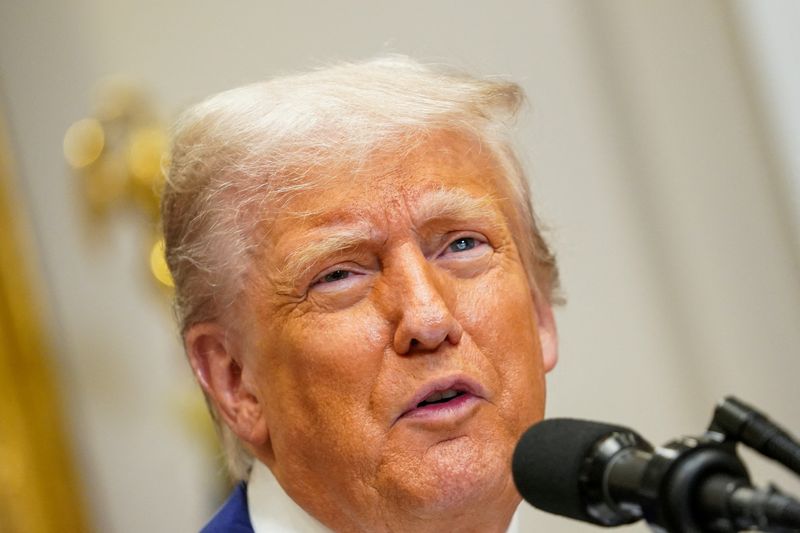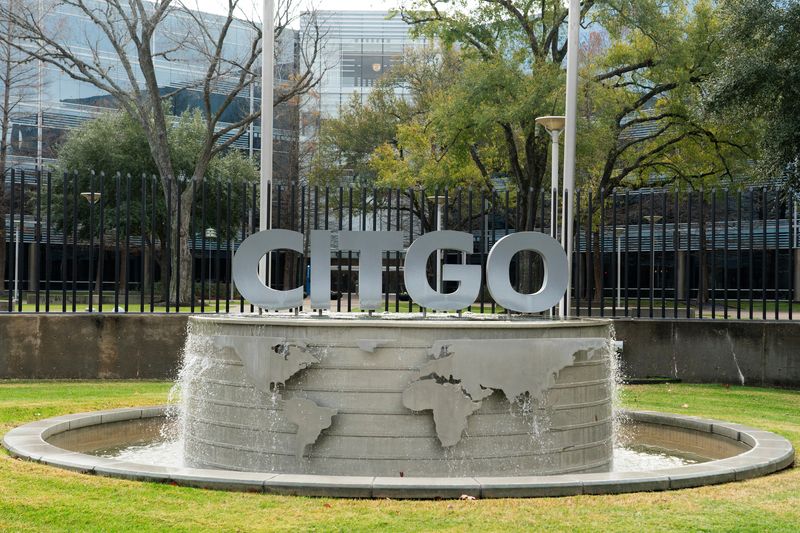Nvidia (NASDAQ: NVDA) Stock Price Prediction for 2025: Where Will It Be in 1 Year
Nvidia remains the dominant AI chipmaker in the market, but where is the stock head in the coming year? The post Nvidia (NASDAQ: NVDA) Stock Price Prediction for 2025: Where Will It Be in 1 Year appeared first on 24/7 Wall St..

Shares of Nvidia Corp. (NASDAQ: NVDA) have surged more than 32.4% over the past month, including a fractional gain over the past five trading sessions. That has brought the stock back to roughly where it was at the beginning of the year. This rebound has sparked mixed reactions. Some analysts are raising price targets, while others caution against headwinds following new U.S.-China trade developments.
Nvidia, the leading artificial intelligence chipmaker, is navigating a pivotal moment as it approaches its first-quarter earnings report on May 28. The stock soared after President Trump announced a new U.S.-China trade agreement to pause tariffs. That reduced U.S. tariffs on China from 145% to 30% and China’s from 125% to 10% for 90 days. The two-day gain for the chipmaker helped wipe away the steep drop the stock suffered early in 2025, after reporting it would take a $5.5 billion charge tied to H20 chip export restrictions to China.
24/7 Wall St. Key Points:
-
U.S.-China trade relations present headwinds, but Nvidia Corp. (NASDAQ: NVDA) is also the dominant AI chipmaker in the market, and the company’s profitability remains strong.
-
Capex continues to be a strong focus as the company continues to hyperscale its production.
-
Although the long-term outlook for Nvidia remains positive, it faces near-term headwinds, even with the apparent thaw in U.S.-China trade relations.
-
If you’re looking for a megatrend with massive potential, make sure to grab a complimentary copy of our “The Next Nvidia” report. This report breaks down AI stocks with 10x potential and will provide a huge leg up on profiting from this massive sea change.
Despite this, the company’s pivot to U.S. AI infrastructure investments and new chip designs for China signal resilience. With analysts eyeing robust data center demand, 24/7 Wall St. conducted analysis to explore whether Nvidia can sustain its recovery and drive further growth.
Why Invest in Nvidia?

Nvidia faces significant hurdles as it navigates U.S.-China trade restrictions and intense market expectations. In the first quarter, export controls on its H20 AI chip that had been designed specifically to get around export restrictions of advanced technology to China, led to the substantial write-down noted above. Analysts believed the ban could result in a $9 billion revenue hit. Some $700 million would affect fiscal first-quarter results, with the remaining $8 billion spread across the second and third quarters.
New U.S. tariffs and China’s retaliatory measures also threatened supply chain costs, particularly for components sourced globally, while competition from Huawei’s Ascend chips grows. These factors had analysts warning of margin pressure. Yet, Nvidia’s profitability remains robust. The company has reportedly raised prices 10% to 15% on some of its most popular GPUs as a result of the tariffs. Gaming processor prices jumped 5% to 10%, while it hiked high-end AI GPUs as much as 15% to account for surging manufacturing costs and to keep its earnings stable.
Yet investments in U.S. AI infrastructure, supported by Taiwan Semiconductor Manufacturing’s $165 billion Arizona fab expansion, bolster Nvidia’s supply chains and are backed by its $37.6 billion cash reserve.
Of special note is a new deal CEO Jensen Huang announced as part of Trump’s recent visit to Riyadh. Nvidia will sell 18,000 of its GB300 Blackwell chips — its most advanced — to Saudi Arabia’s Humain for use in data centers with 500 megawatts of capacity.
Additionally, the AI market is projected to grow at a 37% CAGR through 2030, according to Grand View Research. This supports Nvidia’s $170 billion fiscal 2026 revenue forecast, a 30% increase over the $130.5 billion it generated in 2025.
Nvidia as a Company

In its fourth-quarter earnings call in February, Nvidia reported record adjusted gross profits of $28.9 billion. That was up 70% year over year. It marked its fifth consecutive quarter of positive gross margins at 73.5% and driven by AI chip demand.
The chipmaker invested $3.2 billion in capital expenditures in fiscal 2025, expanding Blackwell accelerator production and AI infrastructure. Analysts expect first-quarter 2026 capex to hover around $800 million to $900 million quarterly to meet hyperscaler demand.
U.S.-China trade restrictions still pose risks, even with the potential thaw, tariffs could raise costs, which would explain the price hikes reportedly implemented. A 39% operating expense increase to $3.7 billion for R&D offset Nvidia’s adjusted operating income of $25.1 billion.
Yet, Nvidia’s growth is not solely tied to data centers, which generated $35.6 billion in fourth-quarter revenue. The company expanded its automotive segment, with a 103% year-over-year increase to $570 million, driven by partnerships with Toyota and Aurora Innovation for autonomous vehicles. This diversifies Nvidia’s portfolio amid tariff uncertainties.
Wall Street anticipates first-quarter revenue of $43 billion, up 65% year over year, fueled by the $11 billion ramp of Blackwell chips in the fourth quarter. The China chip ban should have little impact on that increase.
Nvidia as a Stock

Nvidia shareholders have been on a rollercoaster lately. The stock peaked at $153.13 in 2024 before dropping 36.89% from its January high due to China export restrictions before bottoming on April 4. The recently announced pause in U.S.-China tariffs, however, sparked a resurgence in its shares, while a U.S.-U.K. trade deal announced the previous week helped lift the entire semiconductor industry.
Analyst sentiment remains bullish. Of 64 analysts who cover the stock, 56 recommend buying shares, 12 of them with Strong Buy ratings. Their consensus one-year price target of $163.21 implies about 23% upside potential from its current price, with targets ranging from $100 to $220 per share.
BofA Securities and UBS have reiterated their Buy ratings. But Morgan Stanley lowered its price target to $160 from $162 per share over concerns about supply chain constraints and global economic uncertainty. However, it still has confidence in the chipmaker’s long-term outlook. Institutional investors hold 68% of Nvidia’s shares. Vanguard Group is the largest stakeholder at 2.2 billion shares, followed by BlackRock with 1.9 billion.
| Estimate | Price Target | Change From Current Price |
| Low | $100.00 | −24.6% |
| Median | $163.21 | 22.9% |
| High | $220.00 | 65.9% |
Nvidia’s AI dominance, 93% data center growth, and automotive partnerships with Toyota position it for 2025 gains. However, tariff risks and DeepSeek’s competitive AI models require caution. The AI market’s growth and the chipmaker’s $43 billion first-quarter revenue guidance position Nvidia to achieve its $170 billion full-year revenue target, while its cash buffer and Stargate Project role offer stability. Still, valuation concerns linger. Nvidia is a buy for growth-oriented investors, but others should use caution.
24/7 Wall St.’s 12-month price target for Nvidia is fairly neutral at $133.98 per share. That implies little potential downside from the current price per share. That estimate accounts for tariff risks, competition from DeepSeek, and potential Blackwell supply constraints. It also reflects Nvidia’s AI dominance and $43 billion first-quarter 2026 revenue guidance. Because the target estimate is below the analysts’ mean of $163.21 per share, it suggests a cautious but realistic target.
Wall Street Dumped It—Now It’s Your Turn to Cash In on This Growth Stock
The post Nvidia (NASDAQ: NVDA) Stock Price Prediction for 2025: Where Will It Be in 1 Year appeared first on 24/7 Wall St..

















